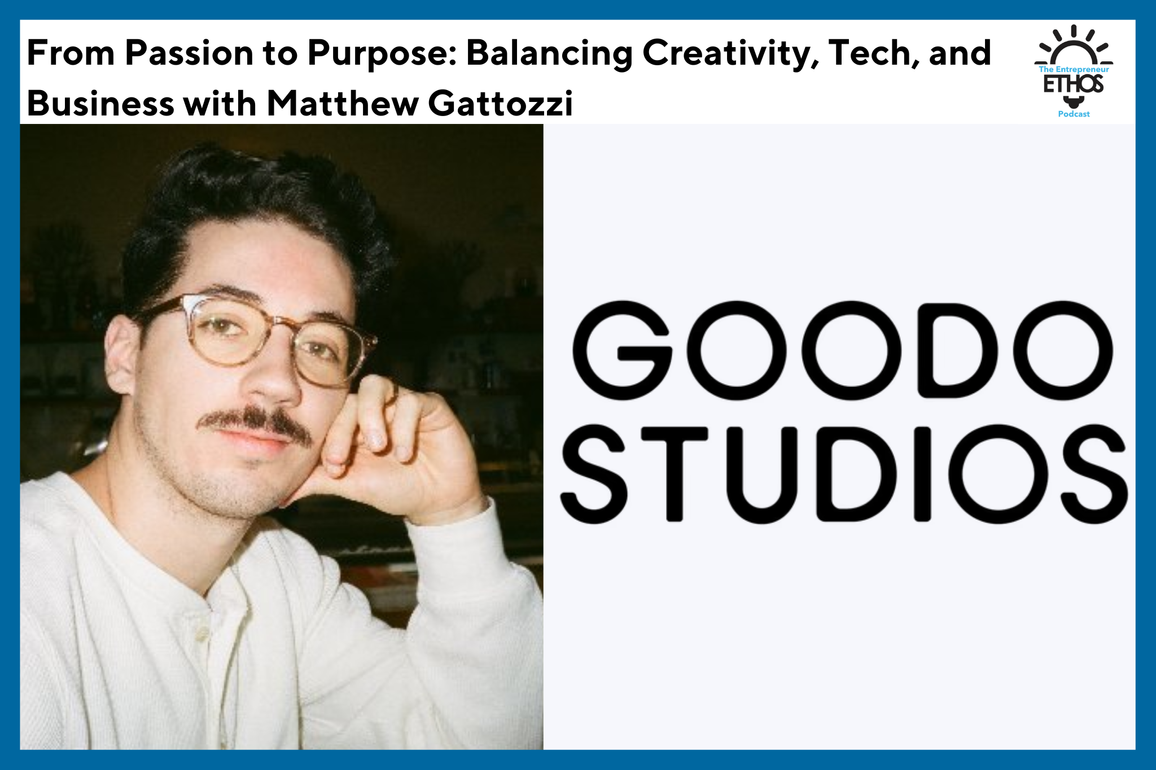Tejaswi Gautam

Subscribe: Apple Podcasts | Spotify | Stitcher | Overcast
Support the Show. Get the AudioBook!
AudioBook: Audible| Kobo| Authors Direct | Google Play | Apple
Summary
Hey everyone. Stay tuned to the end of the interview where I’ll give you some actionable insights that I learned from my guest. These insights are also in the show notes. As always, thanks for listening.
Now on to my guest for today, Tejaswi Gautam, founder and CEO of Career Engine, a performance automation platform designed to improve how workers are evaluated. Its aim is to ultimately "democratize the performance ecosystem."
Tejsawi started out flunking computer classes, but ended up getting an MBA and learning as much as he could about building a tech company, becoming a VP at a major company and launching Career Engine, drawing on his own experiences as a manager.
As many managers and employees know, most evaluation tools are antiquated and ultimately unproductive. Tejaswi's goal is to transform not only how employees are evaluated but also how to improve workplace culture as well as identify good managers. He talks about the necessity of trust between managers and employees and how to improve that, noting that frequent check-ins are one hallmark of a good manager-employee relationship.
Tejaswi has also started to build a community through his substack newsletter called Future of Work, Future of You, where he shares ideas about good leadership and building a better workplace based on his own experiences.
Now, let’s get better together.
Actionable Insights
- Certain personality types are more likely to be good managers, but managers can also learn to be better by improving skills in communication and feedback and building trust with their employees.
- Tejaswi recommends that managers and leaders should encourage their employees to have an aspirational, long-term goal. It doesn't necessarily have to be linked to the company; it may mean that the employee eventually leaves, but the result will be a higher-performing worker.
- Another way managers can help their teams improve is by making sure to be explicit about the steps to be followed. Many managers make assumptions about what is obvious. Check in with your employees and make sure they have the information they need.
Links to Explore Further
Keep In Touch
Book or Blog or Twitter or LinkedIn or The Story Funnel

